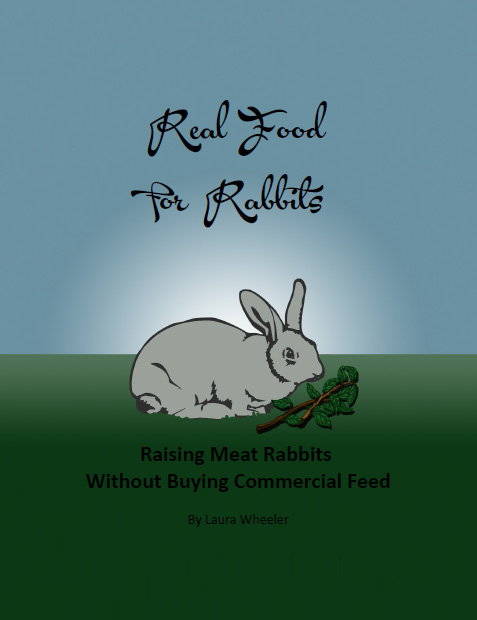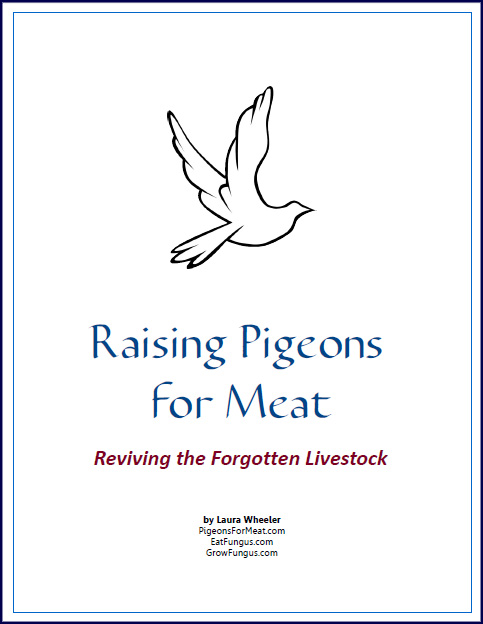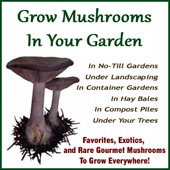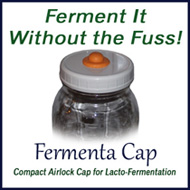Sheep
Preserving Utility Characteristics
The major difference between Heritage Breeds and commercial breeds, is that Heritage Breeds possess characteristics that are specifically useful to the small farmer or homesteader. Most of them have been lost specifically because they did not adapt well to production lines. This is a GOOD thing on a small farm.
Utility characteristics which are important on a small farm really need to be preserved in our Heritage animals. These characteristics can include:
Productivity: Generally extreme productivity is NOT a characteristic that is desired. Productivity in Heritage animals tends to lean toward more stable productivity, rather than intensive high volume. This is defined in other traits.
Dual Purpose: Meat and milk, meat and eggs, draft and recreation, meat and wool, etc. Dual purpose animals lose intense productivity, but gain a balance that creates good production in two directions rather than just one.
Climate Hardiness: The ability to survive temperature extremes, humidity or arrid conditions, or other climate challenges without expensive accommodations. Animals that are adapted to a specific climate thrive better with less disease and less loss of young.
Parenting Abilities: Important for animals of all types where the owner does not wish to have to raise the young by hand (which is never as efficient as the way nature intended). Parenting abilities are critical for pigeons and rabbits, but also important for other animals if you wish to raise them with a lower work burden.
Survivability: You definitely want animals that have a high rate of survival during the first days and months following birth. This characteristic is not even measured by many breeders since they sell the offspring within days of birth, and do not follow up on survival rates. Poor survival rates can ALWAYS be improved, and often by simple tactics. Sometimes this is an issue of sloppy breeding (insufficient culling), sometimes an issue of failure to realize that a specific breed has a higher than average need for specific nutrients.
Thriftiness on Poor Pasture: Some heritage breeds were bred specifically to perform well on poor pasture, and to produce where other animals cannot. This is a trait which generally defines the usefulness of a breed, and should be preserved aggressively.
Foraging Ability: The instinct to forage for food has been lost from some domestic breeds. Keeping it means EXPECTING your animals to forage for at least 50% of their food. Doing so naturally weeds out those that cannot do so, but breeders also need to pay attention to which animals hog the feed, and which graze more. Ideally, a good forager can live 100% off the land, if given sufficient pasturage.
Easy Birthing: We have accustomed ourself to calling the vet for a high percentage of animal births, and considering this to be normal. It is not. Utility animals should be able to birth without assistance. Those that cannot should NOT be kept at breeding stock.
Genetic Stability: Some breeds have a lethal recessive gene that is attached to defining breed characteristics, which is not going to change. Your bloodlines should breed true, without a high percentage of non-conforming animals, and without a high percentage of genetic deformities.
Disposition: Some breeds were created to be gentle, protective, energetic, calm, etc. When disposition is part of the breed standard, it is important to choose breeders with those characteristics.
Utility traits are frequently overlooked, especially by commercial production line breeders. This is one area where small farms can excel in producing superior stock, just by paying attention to the animals and by sorting good performers from marginal or poor performers.
The most common problem small farmers have in carrying out this goal is that of attachment. They tend to select their favorite breeders based on affection rather than on desirable characteristics.
If you pulled the calf from the mother, and raised it by hand because it had trouble nursing, rescued it from pneumonia and scours numerous times, pulled it from trouble over and over, and persevered to breed it over and over until it took, then you are breeding an animal that NEVER SHOULD REPRODUCE! No matter how attached you became to this animal, it should be sold as a pet, kept as a pet, or sent to the freezer, because it is a POOR genetic specimen! Breeders who want to produce good stock cannot afford to let their emotions get ahead of their good sense, in preserving less healthy and less hardy animals as breeders.
That is the harsh reality of breeding to preserve utility traits.
Those utility traits are what give value to the animals. Don't lose them by sloppy breeding!
 Click to Download Your Free Heritage Pickling and Culturing e-Book Now!
Click to Download Your Free Heritage Pickling and Culturing e-Book Now!
Instant Download, NO Registration Required!






